
Judgments and Orders that Empowered Citizens in 2018 Decisions by Indian courts that helped strengthen Human Rights
31, Dec 2018 | Team CJP
2018 was an important year in the courts for several key human rights issues. Here is the annual round up of 12 such judgments that helped deliver justice and set right several historical wrongs.
SC respects Hadiya’s choice
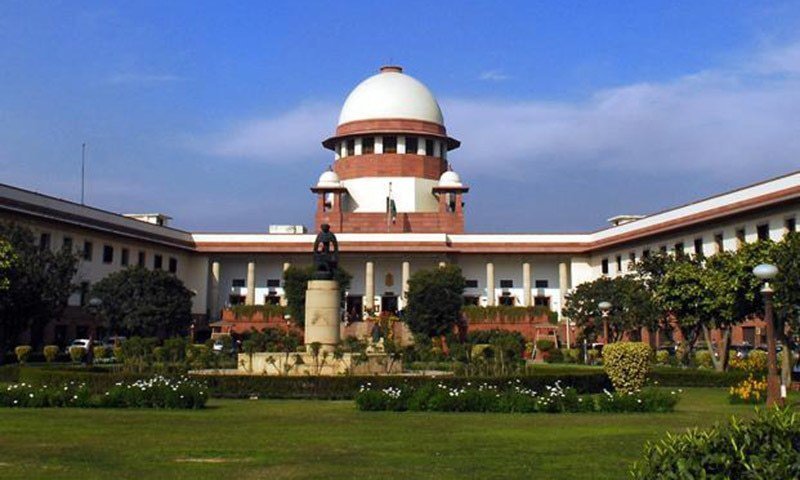
On March 8, 2018, the Supreme Court set aside a Kerala High Court judgment that had annulled Hadiya’s marriage to Shafin Jahan. The SC heard Hadiya in person where she made it clear that she had married Shafin and converted to Islam of her own free will. In its order delivered on International Women’s Day the SC said, “we hold that the High Court should not have annulled the marriage between Shafin Jahan and Hadiya alias Akhila Asokan,” adding “The judgment and order passed by the High Court is set aside. Hadiya alias Akhila Asokan is at liberty to pursue her future endeavours according to law.” The entire SC order in the Hadiya case may be read here.
SC permits ‘Living Will’ for Passive Euthanasia

In a landmark judgment passed on March 9, 2018, the Indian Supreme Court permitted the creation of a living will to allow passive euthanasia in case of an incurable persistent vegetative state. The Constitution Bench of Chief Justice Dipak Misra and Justices AK Sikri, AM Khanwilkar, DY Chandrachud and Ashok Bhushan was delivering its verdict on a PIL filed by NGO Common Cause in 2005 and argued by noted lawyer Prashant Bhushan.
“To deprive an individual of dignity the end of life is to deprive him of meaningful existence,” said Justice Chandrachud while allowing the living will for passive euthanasia. The court said the life support can be removed only after the statutory medical board declares the patient to be incurable. The entire judgment may be read here.
11 convicted in Alimuddin Ansari Lynching case in Jharkhand
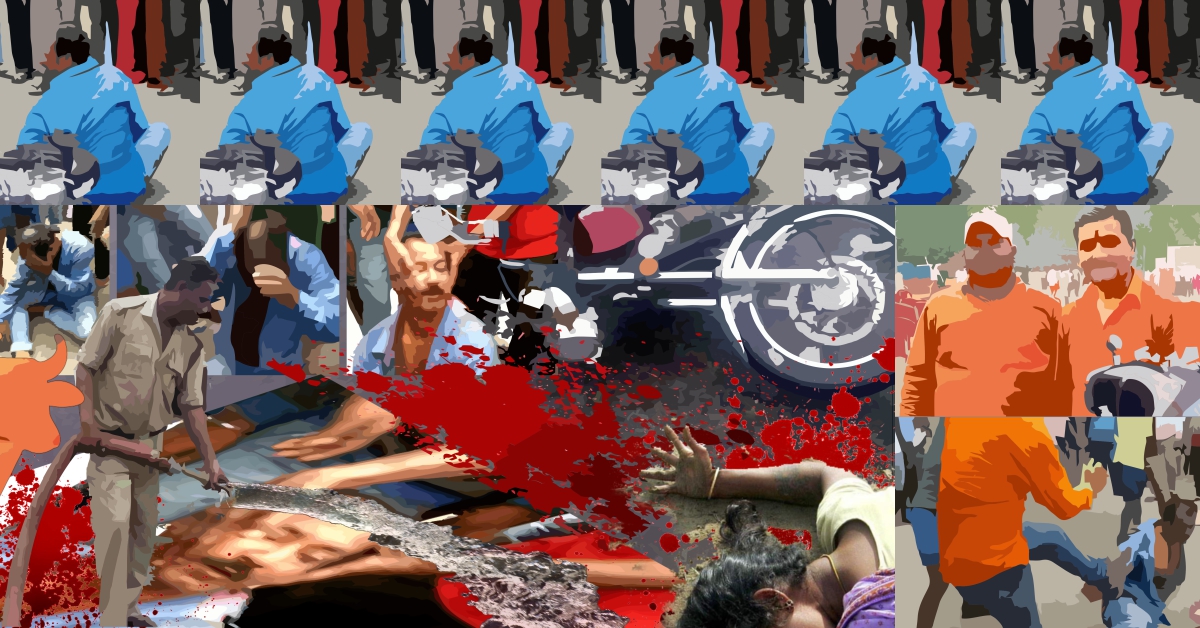
On March 16, Nityanand Mahato, a local BJP leader was among the 11 people convicted by a special fast track court in Ramgarh in Jharkhand in the Alimuddin Ansari lynching case. 45 year old coal trader Ansari was mercilessly lynched by nearly 100 men on June 29, 2017 in Ramgarh district for allegedly transporting beef in his van. All of the 11 accused were convicted under IPC Section 302 (murder). In addition, three of them were convicted under Section 120B (conspiracy) indicating that the court was convinced that the attack was pre-meditated. This is the first time, ‘gau rakshaks’ or self proclaimed cow protectors have been convicted in a case relating to ‘Gautankwad’ or violence in the name of cow protection, anywhere in India. The entire order may be read here.
Jodhpur Court convicts Asaram of raping minor
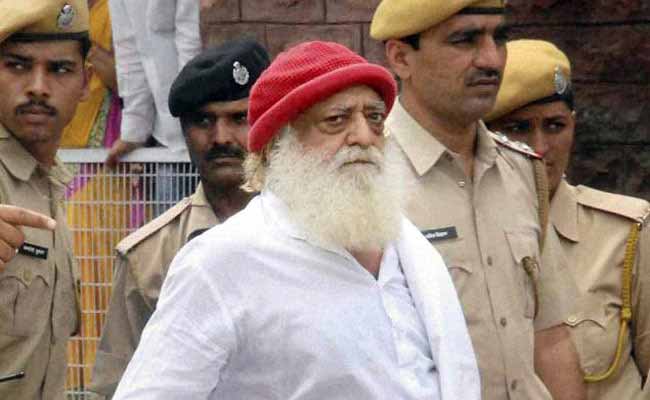
On April 25 a Jodhpur court sentenced self-styled godman Asaram of raping a minor at his ashram in Manai in Rajasthan in 2013. The 16 year old survivor was a native of Saharanpur, Uttar Pradesh and was studying at a gurukul run by Asaram. Judge Madhusudan Sharma also convicted his associates hostel warden Sharatchandra and Shilpi, who was the hostel warden in Chhindwara ashram where the victim was studying, and awarded both 20 year jail sentences.
Initially the girl and her parents had faced multiple threats in a bid to dissuade them from seeking justice. But they stood their ground. Then a 1200 page chargesheet was filed in November, 2013 against Asaram and his associates for blackmail in exchange of sexual favours. They were subsequently booked under Sections 342, 376, 506 and 509 of the Indian Penal Code, and Section 8 of the Protection of Children from Sexual Offences Act (POCSO). Since the trial began, witnesses have been attacked. The entire Jodhpur High Court may be read here.
Allahabad HC directs CBI to arrest Unnao rape accused MLA
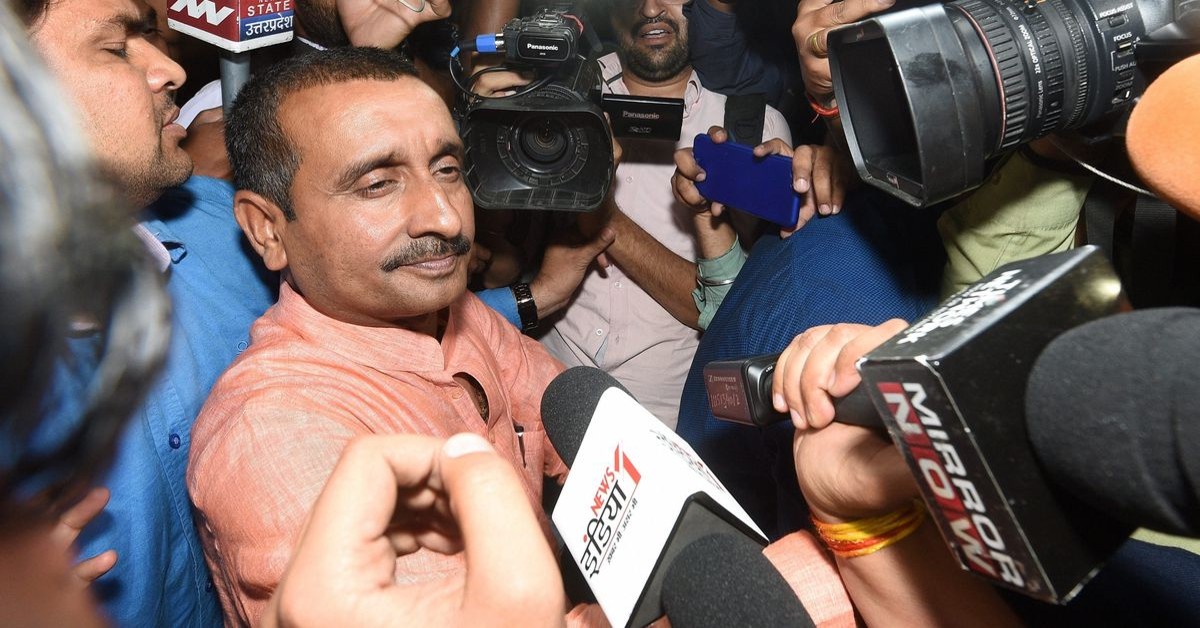
In June 2017, a 16 year old girl was allegedly raped by BJP MLA Kuldeep Singh Sengar when she went to meet him in connection with a job offer. Sengar allegedly shooed the girl away after the incident saying he will ensure she gets the job. When she told him she would report the incident to the police, Sengar reportedly threatened to kill her father and 4 year old brother. A week later his men allegedly abducted the girl and raped her at different locations for over a week. They had planned to sell her off as a sex slave, but let her go when the girl’s mother filed a missing person’s complaint and police started looking for her.
Even though the Unnao rape survivor had clearly named BJP MLA Kuldeep Sengar as the main accused in her case, the local police did not even name him in the first FIR filed in June 2017. They also tried to dissuade her from naming him in the FIR filed in August, 2017. Later that month Sengar was again not named in the chargesheet. This forced the survivor to move court in February 2018 to have Sengar’s name included in the FIR. In April, the survivor’s father was first beaten up by some men allegedly at the behest of Sengar’s brother and two days later he was thrown in jail on trumped up charges. Feeling pressurised to stop pursuing the case the survivor tried to commit suicide outside UP Chief Minister Adityanath’s house on April 8, drawing tremendous media attention and making it difficult to brush the case under the carpet. But just a day later, her father ended up dead in jail under mysterious circumstances!
Though a Special Investigation Team was formed and the case was also later transferred to the CBI, the audacity with which Sengar roamed free and discredited the survivor was not lost on anyone. Even the CBI only detained him for questioning and did not arrest him until explicitly directed to do so by the Allahabad High Court. The complete Allahabad High Court order may be read here.
SC sets the Rainbow Free
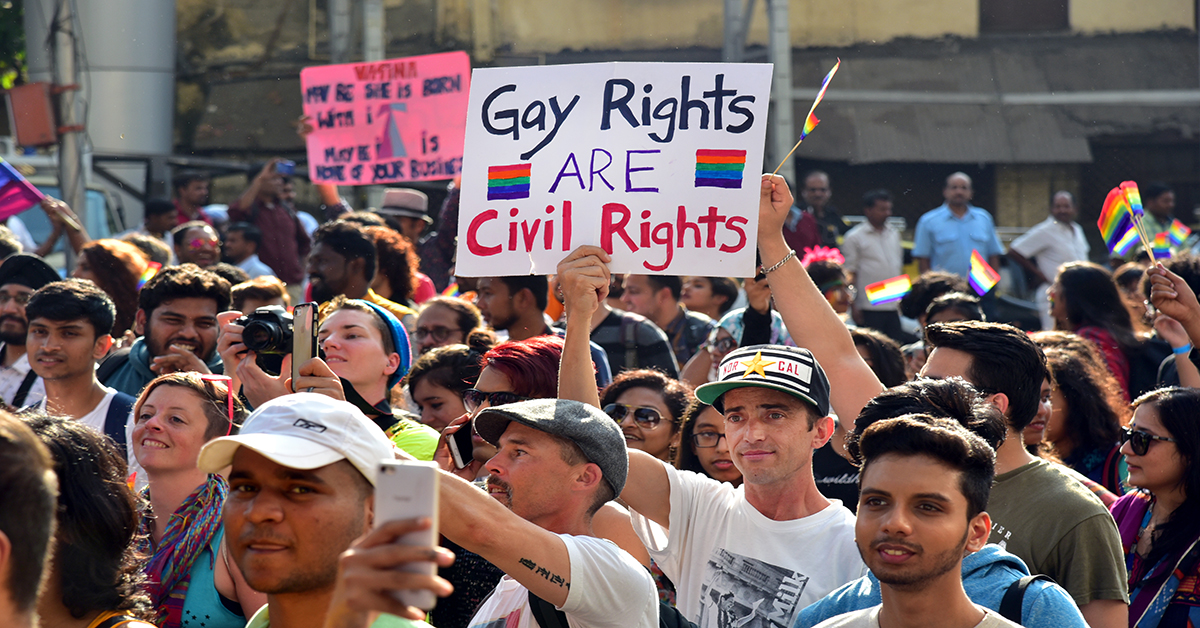
In a historic judgment, the Supreme Court of India has granted adult Indian Lesbian, Gay, Bisexual, Transgender, Queer, Intersex and Asexual (LGBTQIA) people the dignity they have always deserved… the right to love who they love and to not be punished for expressing that love sexually and privately. In doing so, the SC has granted all consenting adults the autonomy of intimacy.
On September 6, the five judge bench lead by the Chief Justice of India pronounced four separate but concurrent judgments. CJI Dipak Misra read out his and Justice AM Khanwilkar’s judgment saying, “Section 377 so far as it criminalizes same sex or heterosexual relationships is violative of the Constitution.” He added, “View taken by SC in Suresh Kumar Koushal impermissible. Sexual orientation of an individual is natural and discrimination on the basis of sexual orientation is a violation of Freedom of Expression.” The entire judgment may be read here.
SC permits Live Streaming of court proceedings
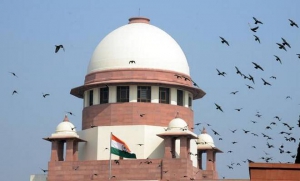
In a bid to bring greater transparency and accountability to the manner in which court proceedings are carried out, the Indian Supreme Court allowed virtual access to courtroom proceedings via a judgment delivered on September 26. The live streaming will be carried out with a ‘reasonable’ time delay (to edit out sensitive content if required) and will not be applicable in cases involving minors, sexual assault survivors or matrimonial and domestic disputes.
In all other types of cases, prior consent of both parties is required for live streaming and in case their is a dispute, the court’s decision will apply. The court will retain copyrights over the broadcast content. The judgment was delivered by a bench comprising then SC Chief Justice Dipak Misra, Justice AM Khanwilkar and Justice DY Chandrachud and comprised two opinions. Justice Chandrachud observed,
Sunlight is the best disinfectant. Live-streaming as an extension of the principle of open courts will ensure that the interface between a court hearing with virtual reality will result in the dissemination of information in the widest possible sense, imparting transparency and accountability to the judicial process.”
As a pilot project only a specific category of cases of national and constitutional importance will be live streamed. The entire judgment may be read here.
SC paves way for women’s entry into Sabrimala temple
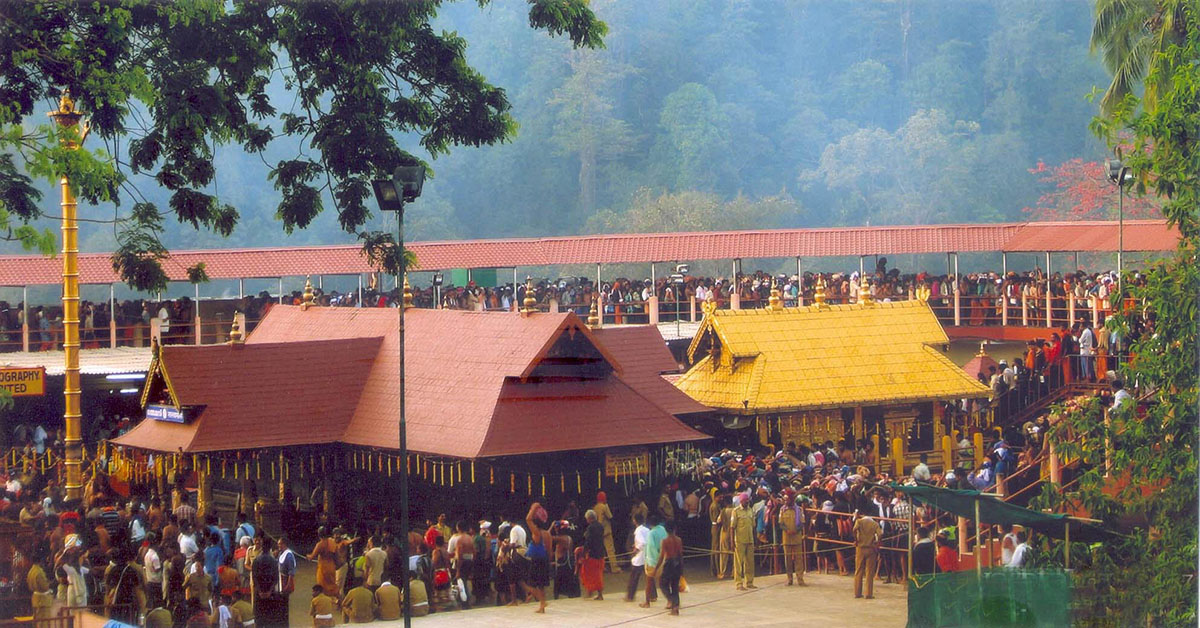
In a resounding slap in the face of patriarchy and gender based discrimination, the Supreme Court put an end to the age old practice of barring entry of women of a menstruating age into the Sabrimala temple. On September 28, the apex court ruled that women of all age-groups could enter the temple. In what is being hailed as a hugely feminist judgment, the court observed,
Patriarchy in religion cannot be permitted to trump over the element of pure devotion borne out of faith and the freedom to practise and profess one’s religion. The subversion and repression of women under the garb of biological or physiological factors cannot be given the seal of legitimacy. Any rule based on discrimination or segregation of women pertaining to biological characteristics is not only unfounded, indefensible and implausible but can also never pass the muster of constitutionality.”
This stand effectively challenges the stigma associated with menstruation, a key element of gender based discrimination at places of worship. The judgment also rejects the age old belief that fertile or sexually active women were impure and likely to lead pious men astray. The entire judgment may be read here.
J&K HC paves way for criminalisation of Sextortion
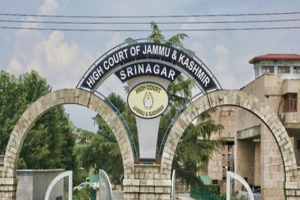
On October 23, the Jammu and Kashmir High Court acted own its own motion to empower girls and women vulnerable to sexual exploitation by bringing up the need for legislation on the issue. This paved the way for the state government to pass a bill effectively criminalising ‘sextortion’ in the state. On December 15, Jammu and Kashmir became the first state to bring about such a landmark legislation.
The Jammu and Kashmir High Court order passed by Chielf Justice Gita Mittal may be read here.
Delhi HC convicts 16 police personnel in Hashimpura Massacre
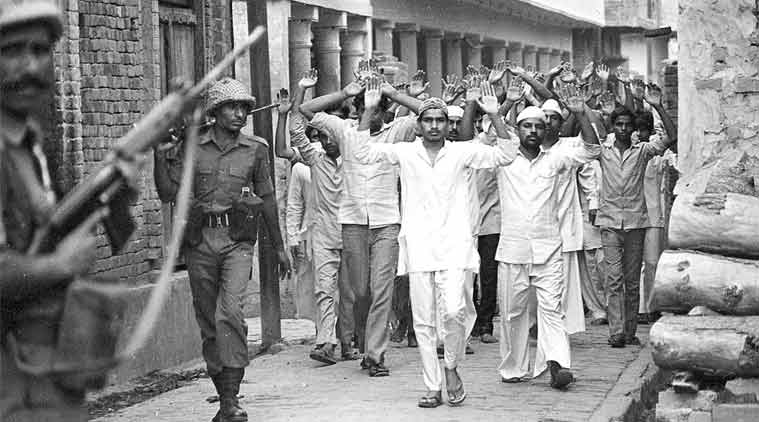
On October 31, the Delhi High Court found 16 members of the Uttar Pradesh Police’s Provincial Armed Constabulary (PAC) guilty of targeting and killing Muslim youth in the Hashimpura area near Meerut in May 1987. All 16 were sentenced to life imprisonment.
The judgment came 31 years after the horrific incident when 42 youths from the neighbourhood were shot dead in cold blood and their bodies dumped in a canal. 19 PAC members were accused in the massacre. While three died in the interim, 16 surrendered in May 2000 under tremendous public pressure after dodging bailable and non bailable warrants since 1997. Shockingly, after their surrender, they were all granted bail!
In 2002, the Supreme Court ordered the case transferred out of Ghaziabad and be conducted at the sessions court in Tis Hazari. In March 2015, all 16 men were acquitted due to lack of evidence. But a Supreme Court A bench of Justices S Muralidhar and Vinod Goel reversed a trial court’s verdict, and held that evidence against the PAC personnel is “clinching” in nature and the charges against them stand true beyond reasonable doubt. The entire judgment may be read here.
Delhi High Court delivers justice in 1984 anti-Sikh riots case
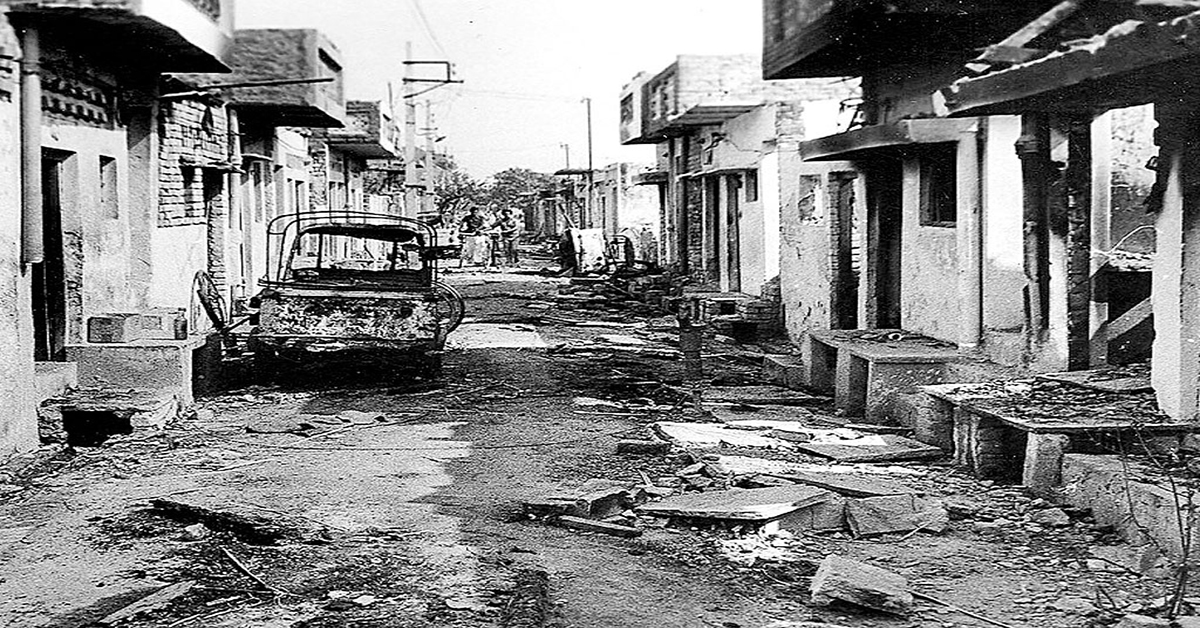
Congress leader and former MP Sajjan Kumar was found guilty for his role in the 1984 anti-Sikh riots and sentenced to life imprisonment. The court found him guilty of offences of murder, promoting enmity between groups and defiling public property. Sajjan Kumar, 73, was convicted for playing a role in the murder of five family members residing in Raj Nagar in Delhi. He was asked to surrender by December 31 which he did on the very last day.
During this 1984 genocide over 3000 people from the Sikh community were killed by rampaging mobs in wake of the assassination of Indira Gandhi by her body guards. Eye witnesses placed several top Congress leaders at the scene of different killings and Sajjan Kumar is only the first major leader to be convicted.
“It is important to assure the victims that despite the challenges truth will prevail,” the High Court said, referring to the courage of Jagdish Kaur, a survivor of the horrific carnage who had fought for action against Sajjan Kumar and others. “The aftershock of those atrocities is still being felt,” said the court.
The order that came close at the heals of the Congress’s resounding electoral victory in three key states in the assembly elections, is a sobering reminder that nobody, no matter how politically powerful, is above the law.
8 convicted and awarded Life Imprisonment in Latehar Lynching case
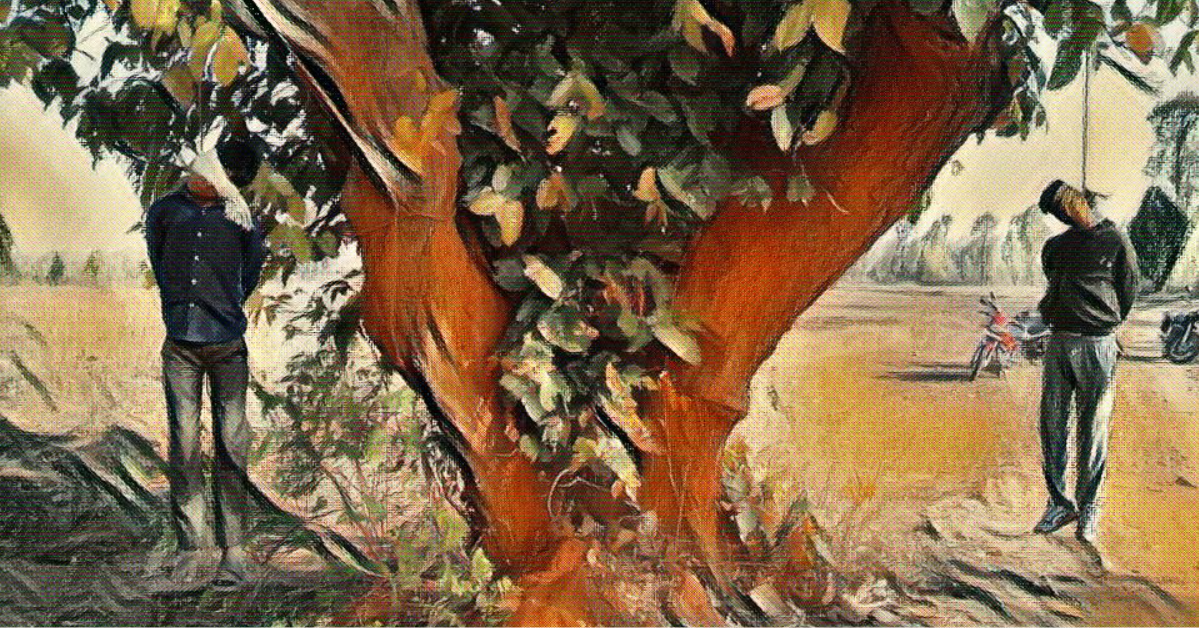
On December 19, in a body blow to mobocracy and cow vigilantism, a Jharkhand court convicted all 8 accused in the Latehar lynching case. This is the second time the court has convicted people in a lynching case, the first being the cold blooded and coordinated killing of coal trader Alimuddin Ansari.










